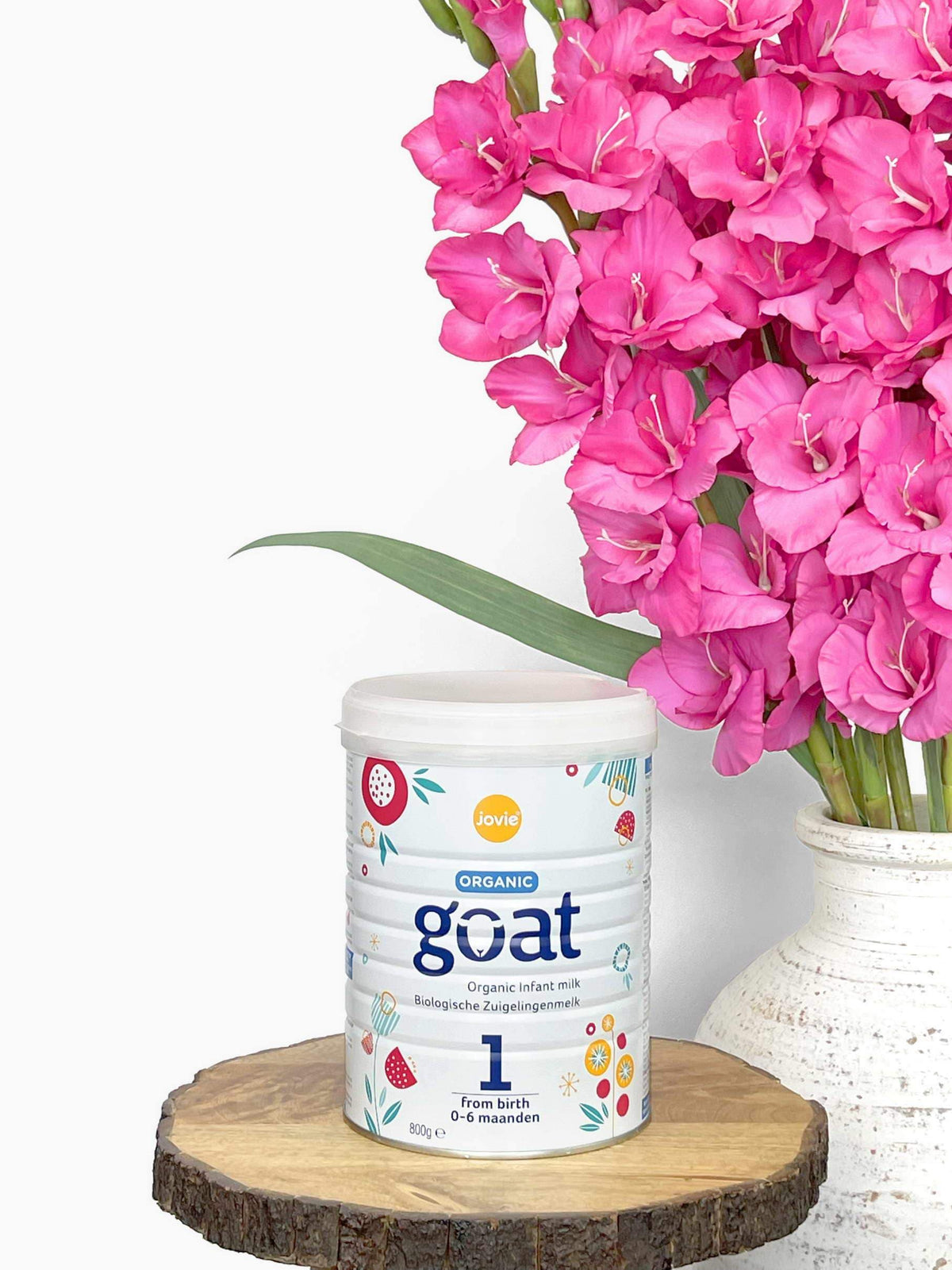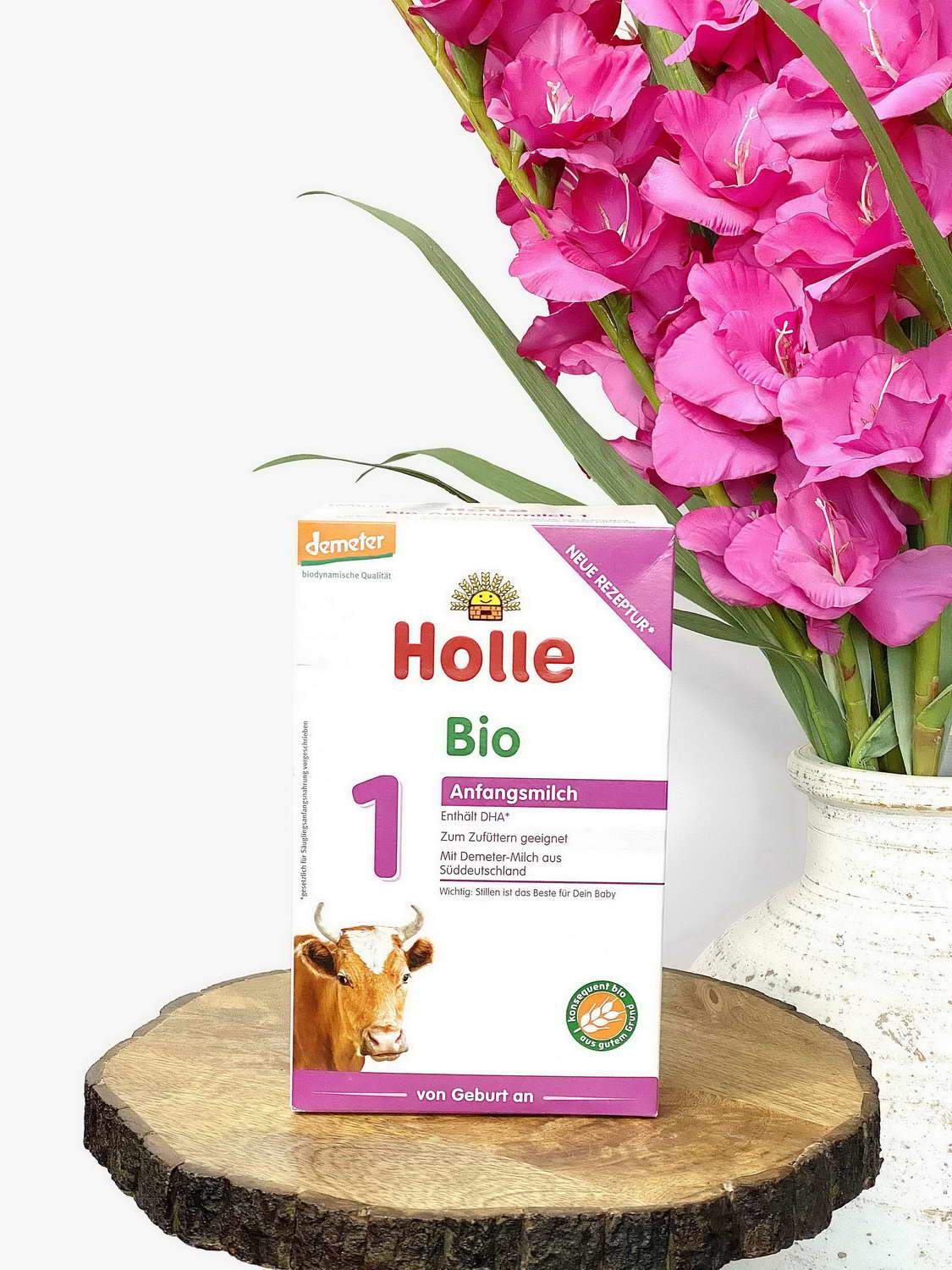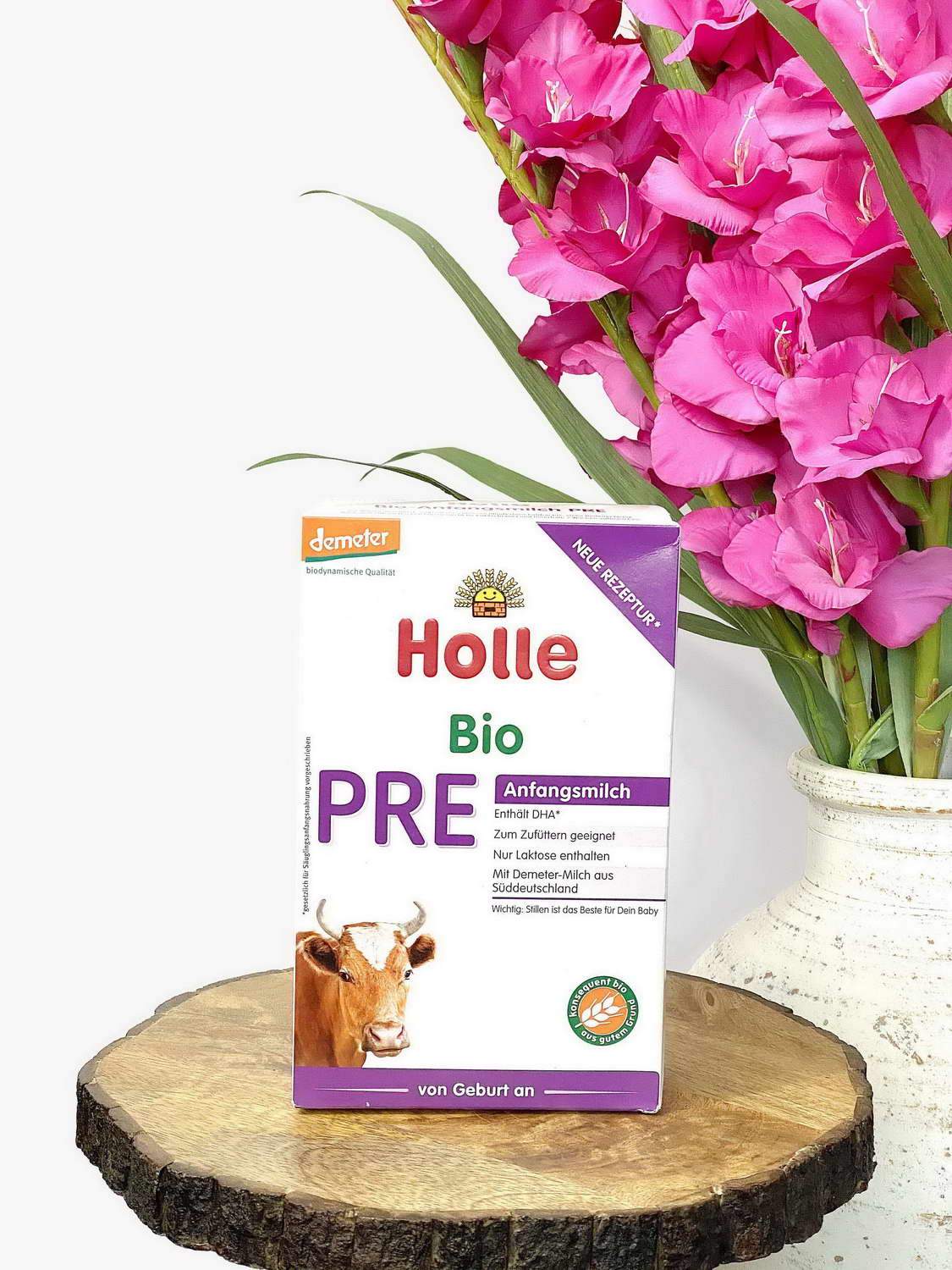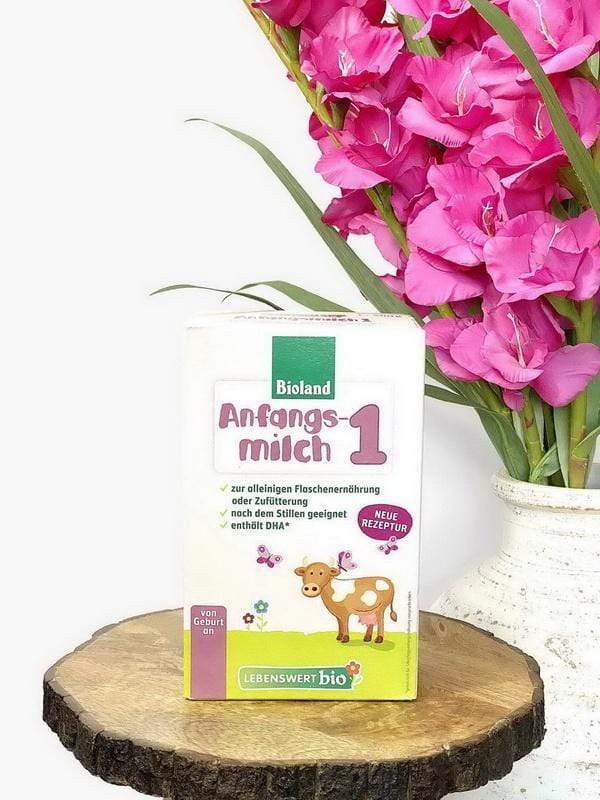Choosing a pediatrician is one of the most difficult decisions parents and caregivers can make.
It is important to find a doctor that will support you in every decision regarding your child’s physical and emotional health, as well as in nutrition and behavior.
With the right bond between caregivers, child, and pediatrician this relationship can last up to age 18 and sometimes beyond.
Baby Pediatrician
The best time to start looking for a pediatrician is while you're still pregnant—preferably between 28 and 34 weeks along.
How to Find a Pediatrician
To find a pediatrician a good place to start is by asking for recommendations. Try relatives, friends, neighbors, and your OBGYN. A recommendation from those in your life that have similar beliefs in child raising will go a long way in starting this process.
Next, check your insurance company's website to see if the doctors are in your plan, which is also a great place to start your search for a pediatrician if you're new to an area.
Good Pediatrician
A good pediatrician will have a high rating with current and past families. Look at online reviews and ratings, but proceed with caution. Like all online sites, the reviewers' opinions and expectations may differ from yours. Make sure the review site only allows feedback from actual patients.
Pediatrician vs Family Doctor
Most pediatricians and the nurses and physician assistants in their practices see children and teens up to age 18 and sometimes up until 21. Pediatric training focuses on treating children from birth until adulthood.
Family physicians take care of patients of all ages, from birth to seniors.
Both have the same years of training, but pediatricians specialize in children. This gives them in-depth understanding of children's health needs, like behavioral issues and how to care for a child's growing, developing body.
How to Set Up a Pediatrician While Pregnant
Most pediatricians have office hours set aside just for expectant parents interviews. You can simply call the office of the prospective pediatrician to set up an appointment.
During your "meet and greet," you can tour the office and talk with the pediatrician and nurse. Interact with the staff and ask any questions you may have.
Pediatric Interview Questions
Like any good interview, the success of the meeting is contingent upon the questions you ask.
There aren’t any right or wrong answers per se, but look for answers that work in sync with your philosophy on child rearing, wellness and health.
We have put together a comprehensive list of recommended questions that are ready for you to print and to take with you to your pediatrician interview.
Ask a pediatrician
Besides allowing you to ask questions like those on our list, your visit is a great time to see how the office runs.
Pay close attention to the tiny details such as; is the waiting area clean and child-friendly? Is the staff polite and helpful to patients in the waiting room and to people on the phone?
While you're waiting, take time to talk to the other parents. Ask them what they like best about the practice and why they feel good about the care the doctor provides. Ask them also for any concerns they may have with the pediatrician or the staff.
Question to ask a Pediatrician
One topic often overlooked by families is newborn nutrition. Now is the time to open the dialogue about different methods of feeding and level of support your potential pediatrician will give, no matter the method you choose.
Breastfeeding
If you want to breastfeed, I highly recommend interviewing pediatricians before your child is born and make sure they are breastfeeding friendly.
The more support you have during your breastfeeding journey the better chance you have at being successful.
Some questions you can ask your pediatrician when exploring if they are breastfeeding friendly are as follows:
- What Growth Chart does your office use?
For any breastfeeding child, the WHO growth chart is the one to look for.
- How long does a baby have to get back to their birth weight?
Unless there are true signs of concern such as a baby showing signs of lethargy or dehydration, if your little one lost more than 10% of their birth weight in the days following birth, it’s important to give them these two weeks.
- When is supplementation necessary?
Again, remember it is important to find a doctor that is breastfeeding friendly. What resources can they suggest to help you if they feel the baby is falling behind other than formula?
- What is the average weight gain for a breastfed baby?
Not all babies gain weight at the same rate. The average weight gain for a breastfed baby changes as they get older.
A good rule of thumb is to gain 5-7 ounces a week for months 0-4, 4-5 during months 4-6, and 2-3 from 6 to 12 months.
- When do you encourage weaning?
The recommended weaning age in the world is between 2 and 3.
Unfortunately, in the United States, most women aren’t even breastfeeding by the age of one due to a stigma imposed by doctors and society.
Find a doctor that is there for you during the whole time you choose to breastfeed.
- Should I limit how long baby nurses for?
Especially in the newborn days, the answer should be no. Nursing is how your little one will gain weight and increase milk supply.
- What percentage of your patients are breastfed and are exclusively breastfed?
Having a higher percentage indicates that the doctor is encouraging and supportive of breastfeeding.
Baby Bottle Feeding with Formula
If your family has decided on formula as a breastmilk alternative or a supplement, ask your pediatrician about baby formulas that are free of unnatural sugars, toxic ingredients and soy.
There are many kinds of formulas available today that suit every digestive and developmental need. After researching the one that is best for your little, talk with your doctor about not wanting your baby to receive unhealthy ingredients found in American big brand formulas.
Ask your pediatrician if they are open to organic, pure and clean nutrition that is found in overseas brands such as European baby formulas.
Here is a breakdown on formula types that are available.
Cow's Milk-Based Formulas
This type of formula makes up the vast majority of formulas. Look for a formula that is free of preservatives, soy, maltodextrin, sugar, and GMOs.
Look for a well-balanced formula with only the finest gentle essential ingredients, designed to meet every stage and age of your infant’s development.
Best Organic Formula without Palm Oil
Loulouka Stage 1
Age: 0-6 Months
Size: 900g / 32oz
Why Choose?
Coconut Oil instead of Palm Oil, Milk from Grass Fed Swiss Cows
Soy-Based Formulas
For parents who do not want their babies to eat animal protein, they often think of soy.
We cannot emphasize enough-soy formula is not a good choice for baby formula. There are several reasons, but among the top is the higher aluminum content of soy formula may cause weaker bones in babies and soy contains estrogen-like compounds called isoflavones that can adversely affect the immune system.
Soy formula also contains a large amount of estrogen, which can adversely affect the development of reproductive organs in females and possibly other hormonally responsive organs in both males and females.
Goat’s Milk-Based Formulas
An alternative to soy and cow’s milk based baby formula, goat's milk-based baby formula is A2 milk nutrition that even the most sensitive and allergy prone baby can absorb and digest.
Made naturally with small proteins that easily work through immature digestive systems.
Best Formula for Cow Milk Allergies
Holle Goat Milk Stage 1
Age: 0-6 months
Size: 400g / 14oz
Why Choose?
Biodynamic Organic A2 Whole Goat Milk, Organic Maltodextrin, No Palm Oil
Hypoallergenic Formulas or Specialty Formulas
For babies who are sensitive to milk proteins or have a family history of food allergies, this HA formula is a great choice.
The proteins in these hypoallergenic formulas are broken down to their basic components and so they are easier to digest.
Best Formula for Cow’s Milk Intolerance or Sensitivities
HiPP HA Stage 1
Age: 0-6 months
Size: 600g / 21oz
Why Choose?
Prebiotics & Probiotics for healthy digestion, hydrolyzed milk proteins for reduced allergic reactions
No matter the formula you choose, finding one that is made with all natural organic ingredients will give your little one the best start in life and build a firm foundation for a healthy tomorrow.
Best Pediatrician
The best pediatrician for your growing family is one that you feel shares beliefs about issues that are important to you. Choosing a health care provider before your baby is born will help you feel confident about your baby's care.
In the same way, if you choose to give your little formula, finding the right formula with the perfect ingredients before the baby is born will go a long way to a happy and healthy first weeks of life.
My Organic Company is here to help you with research and information. We have a staff of European baby formula experts that are parents just like you.
We look forward to getting to know you and walking through your family's journey with you.














